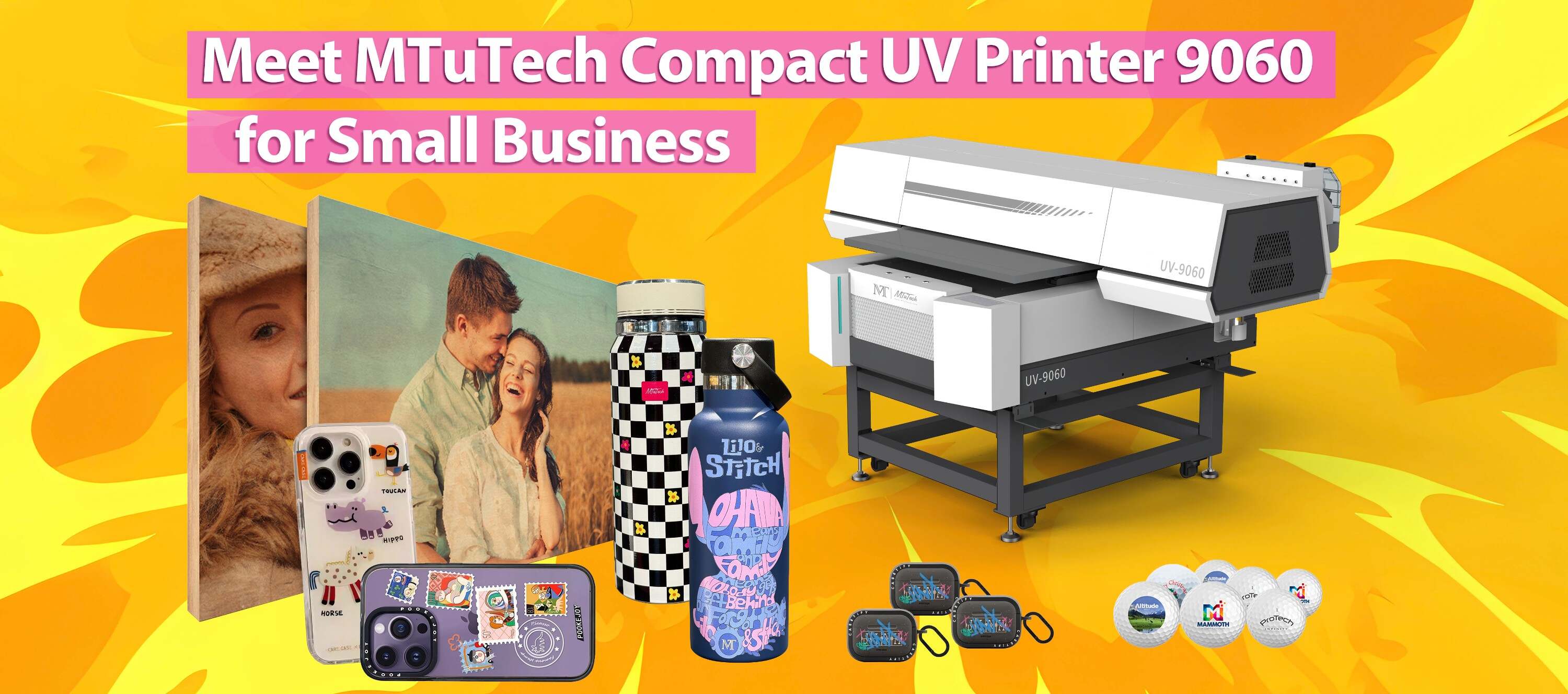Introduction
In today's rapidly evolving educational landscape, the integration of technology in teaching and learning processes has become more important than ever. One significant advancement that educational institutions are beginning to embrace is UV printing technology. Ultra Violet (UV) printers, known for their versatility and high-quality output, offer a myriad of opportunities for schools, colleges, and universities. This blog post explores the various applications and benefits of UV printers in educational settings, showcasing how they can enhance learning experiences and streamline administrative tasks.
Understanding UV Printing Technology
Before delving into the opportunities that UV printers present, it's essential to understand how they work. UV printing is a digital printing method that utilizes ultraviolet light to cure or dry the ink as it is printed. Unlike conventional printing methods, which may require significant drying time, UV printing provides instant drying, allowing for immediate handling of materials.
Opportunities for Educational Institutions
1. Enhanced Learning Materials
One of the primary uses of UV printers in educational institutions is the creation of enhanced learning materials. These printers enable educators to design and print high-quality educational resources, such as:
Posters and banners for classroom decorations
Custom textbooks or training manuals
Interactive learning aids
With the ability to print on various surfaces, teachers can produce tailored materials that cater to different learning styles and preferences, fostering a more engaging learning environment.
2. Promotion of School Events
Schools and universities often host numerous events, from open houses to graduation ceremonies. UV printers can help in promoting these events effectively:
Creating eye-catching banners and signage
Designing flyers and postcards for event invitations
Producing branded materials, such as T-shirts and tote bags
The high-quality output of UV printers ensures that promotional materials are visually appealing, thereby attracting more participants and enhancing the institution's image.
3. Personalization and Customization
UV printers allow for a level of personalization that traditional printers cannot achieve. Educational institutions can leverage this feature to:
Create customized awards and certificates for students
Produce unique student ID cards with various designs
Offer personalized merchandise, such as mugs or notebooks, featuring student artwork
This ability to customize increases student engagement and fosters a sense of belonging within the school community.
4. Practical Learning Experiences
Integrating UV printing technology into the curriculum also provides students with hands-on experience that prepares them for the workforce. Schools can offer courses or workshops that focus on:
Graphic design and layout using UV printing software
Understanding materials suited for UV printing
Managing print production processes
By gaining practical knowledge, students can develop valuable skills that are in demand in various industries.
Benefits of Using UV Printers in Education
1. Cost-Effectiveness
While the initial investment in UV printing technology may be significant, the long-term cost savings are noteworthy. Educational institutions can reduce printing costs by:
Eliminating the need for outsourcing printed materials
Minimizing waste with precise digital printing
Producing only what is needed, thus avoiding overstocking
2. Versatility of Materials
UV printers can print on various substrates, including paper, canvas, plastics, metals, and glass. This versatility allows educational institutions to:
Create a wide range of materials for different purposes
Use various finishes, including gloss, matte, or textured
Produce durable prints that withstand wear and tear
3. Quick Turnaround Time
One of the standout features of UV printing technology is the fast printing process. The instant drying feature allows for:
Same-day printing of materials for last-minute needs
Quick production of limited edition items, such as event T-shirts
Efficient management of large print runs for school projects
Integrating UV Printers into Educational Environments
1. Infrastructure Requirements
To successfully integrate UV printers into educational institutions, several infrastructural elements need to be considered:
Sufficient space for the printer and related equipment
Ventilation to accommodate any fumes produced during printing
Access to necessary power sources to support printer operation
2. Training and Support
Effective implementation of UV printing technology requires adequate training for staff and students. Institutions should consider:
Providing workshops on operating UV printers and software
Offering support and resources for troubleshooting common issues
Encouraging collaboration between departments to maximize printer use
Conclusion
The potential of UV printers in educational institutions is immense. As technology continues to evolve, embracing such advancements can lead to improved teaching methods, enhanced student engagement, and streamlined administrative tasks. By investing in UV printing technology, educational institutions not only elevate their operational capabilities but also provide students with vital skills for the future.
To keep your institution at the forefront of innovation and ensure a rich educational experience, explore our high-quality UV printers here and discover how they can transform your educational environment.
FAQ
What are UV printers?
UV printers are digital printing machines that use ultraviolet light to cure or dry inks as they are printed, allowing for high-quality and quick production on various substrates.
How can UV printers benefit educational institutions?
UV printers can produce customized educational materials, promote events, enhance learning materials, and offer practical courses in graphic design and print production.
Are UV printers cost-effective for schools?
Yes, while there is an initial investment, UV printers can significantly reduce ongoing printing costs, minimize waste, and eliminate the need for outsourcing printed materials.
What types of materials can be printed on with a UV printer?
UV printers are versatile and can print on various materials, including paper, plastic, wood, metal, glass, and more, allowing for diverse printing applications.
Do UV printers require special maintenance?
Like all printing technology, UV printers require regular maintenance, including cleaning print heads and ensuring proper calibration for optimal performance.

